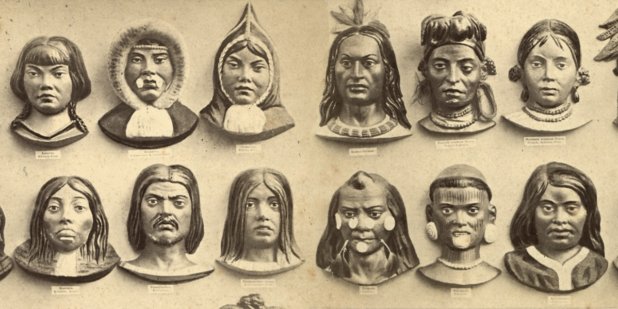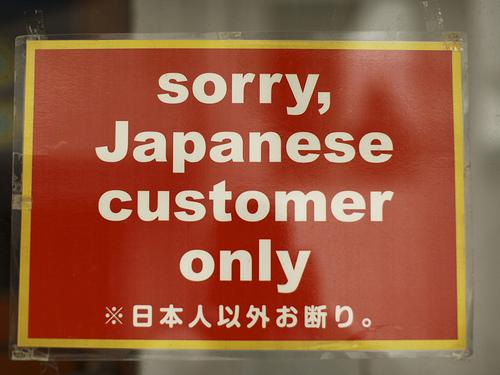- About
- Topics
- Story
- In-Depth
- Picks
- Opinion
- News
- Donate
- Signup for our newsletterOur Editors' Best Picks.Send
Read, Debate: Engage.
During the year 2013, racist groups conducted at least 360 demonstrations in the country, which they chanted hideous racist slogans including the calls for massacre and forced repatriation of minorities. Racist groups have been spreading their messages both nationally and internationally through disseminating the video recordings of demonstrations among the internet. Although some members of racist groups have faced criminal prosecution for their misconducts, no case was ruled by court as an act of racial discrimination.
Moreover, no public officials and politicians, who made discriminatory remarks against minorities, have been sanctioned properly. Systematic discrimination against minorities can increase the risk of targeted violence and atrocity crimes. Ethnic Koreans, who have resided in Japan for generations since the colonial period, have suffered from structural discrimination such as the denial of the right to vote and the restrictions on access to public service jobs. Regrettably, the Government of Japan has strengthened institutionalised discrimination against ethnic Koreans.
In February 2010, the Government purposely excluded Korean schools from its new programme to make the high school education free of charge (“tuition waiver programme”). The right to education of ethnic Korean children to learn own language, history and traditional culture has been denied by the Government. Racist groups and individuals interpreted such attitude of the Government as an official justification of the discrimination against ethnic Koreans.
To prevent violence and atrocity crimes against minorities, the adoption of comprehensive and specific legislation prohibiting discrimination on the grounds of national or ethnic origin, colour, language, religion as well as descent is essential. Anti-hate speech legislation should be designed to protect human rights of minorities and punish perpetrators in accordance with the international human rights law.

